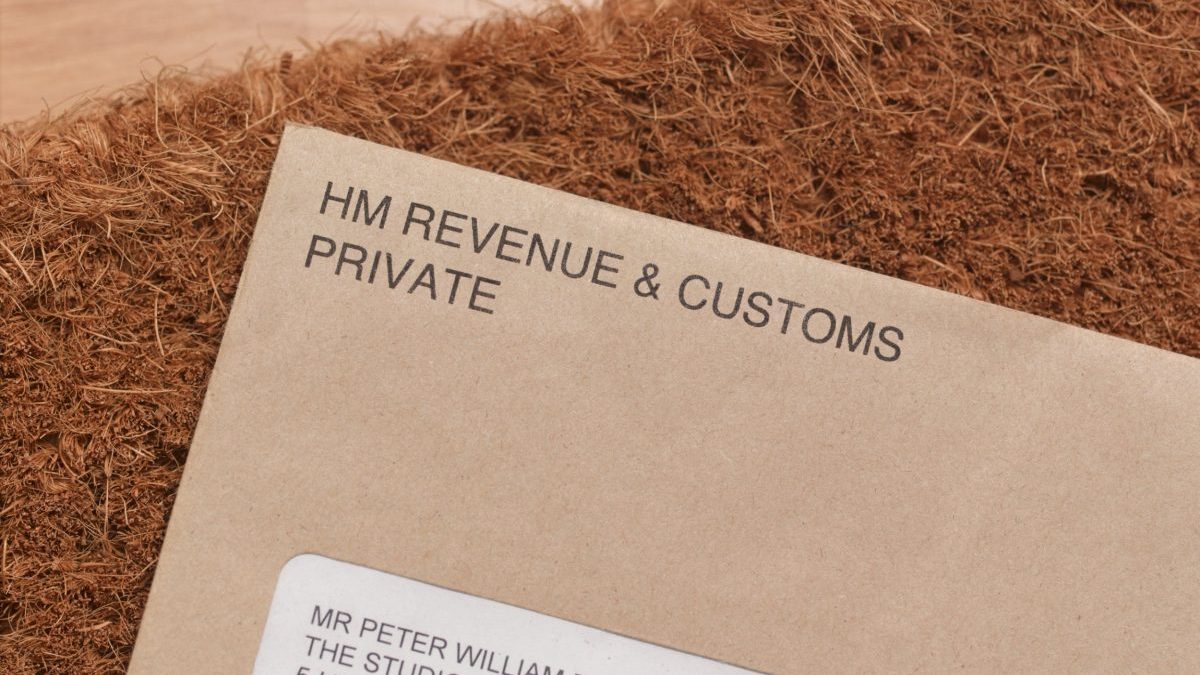Even a single missing year can affect the final state pension amount, and eligibility for other benefits such as maternity allowance and employment and support allowance
Self-employed workers could face a lower state pension due to errors in how their National Insurance contributions (NICs) have been handled, tax experts have warned.
Thousands have had their Class 2 NICs – a flat-rate weekly charge of £3.45 paid by self-employed people – wrongly refunded by HMRC, often without their knowledge.
Although the amount is small, when this cash is refunded mistakenly, HMRC effectively treats that year as if no valid NIC was made.
Missing a year of NI credits can have a lasting impact, reducing your state pension and affecting entitlement to benefits such as Maternity Allowance and Employment and Support Allowance.
The new state pension requires 35 qualifying years for the full amount. Someone with only the 10-year minimum, for example, would receive just £3,420.86 a year.
This is much less than the full £11,973, or £230.25 per week.
“One year missing would equate to around £342 less a year in state pension,” Ross Lacey, director and financial planner at Fairview, said. “This can add up to a huge amount over time.”
How National Insurance credits affect your pension
Your state pension depends on how many years you’ve made NICs for, known as qualifying years.
These contributions are made before you reach retirement age, usually if you’re employed, self-employed or receiving certain benefits like Universal Credit or Jobseeker’s Allowance.
You normally need at least 35 qualifying years of contributions to get the full amount (currently £230.25 a week), or 10 qualifying years to get the minimum (currently £65.79 a week).
You can buy back missing years but this can cost around £923 annually – far more than ensuring contributions are recorded properly in the first place.
HMRC says it is contacting those affected, but experts are urging the self-employed to check their NI records urgently.
Speaking to The i Paper, Mr Lacey described the situation as “worrying.”
He said: “For those who’ve had their Class 2 NICs refunded incorrectly by HMRC, this will potentially impact the state pension they get in the future.
“It’ll be lower, as they haven’t received a credit in the years where no NI was paid. Many won’t necessarily realise that the contribution has been refunded as the total amount payable is actually quite low.
“But those missed years would cost them a lot more if the problem isn’t identified and addressed.”
Class 2 NICs were scrapped by the Government in April 2024 as part of a move to simplify the tax system for the self-employed and were not directly replaced.
However, self-employed people with annual profits below the small profits threshold (SPT) can still choose to pay them voluntarily to protect their entitlement to the state pension and other contributory benefits.
Errors since the change are starting to pile up, Mr Lacey said, with more of his clients reporting issues.
In many cases, HMRC would issue a self-assessment statement (SA302) showing Class 2 NIC was due, then remove it with a correction message, leaving the person without the credit.
Separately to this, Greg Moss, financial planner at Eleven 2, said he is seeing cases where people fail to properly register as self-employed, meaning they miss out on NI credits, and others who don’t realise they need to make voluntary contributions if their earnings fall below the threshold.
He said: “Many very small businesses still do need to keep up their voluntary contributions and may mistakenly believe that they don’t.
“The changes have not been well publicised and it’s hard for self-employed people to get good, reliable information on their position.”
Anyone unsure of their status should log into their Government Gateway account to check their NI record and state pension forecast. Experts also recommend speaking to HMRC if anything seems amiss.
Mr Moss added: “State pension is now an important part of most people’s plans so it’s important to make sure you know what you’re entitled to and give yourself the best chance of correcting any problems while you have plenty of time.”
Since April 2024, self-employed people whose profits meet or exceed the SPT no longer need to pay Class 2 NICs for that year – those contributions are treated as made automatically.
The SPT is set at £6,725 for 2024/25 and will rise to £6,845 in 2025/26. Those with lower profits can still opt to pay Class 2 NICs voluntarily to protect their entitlement to state benefits.
Zoe Dagless, director of Meliora Financial Planning, said: “It wasn’t enough to simply declare and pay Class 2 NICs through the tax return, there was a separate process for notifying HMRC, which many people understandably overlooked.
“Thankfully, Class 2 has now been abolished, simplifying things. However, with the surge in activity at the end of the last tax year, when many people rushed to backdate more than six years of state pension contributions, I wouldn’t be surprised if errors have occurred as a result.”
An HMRC spokesperson said: “We’re sorry to those affected and are working hard to resolve the issue.”

